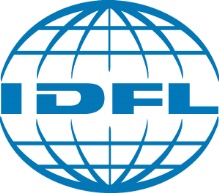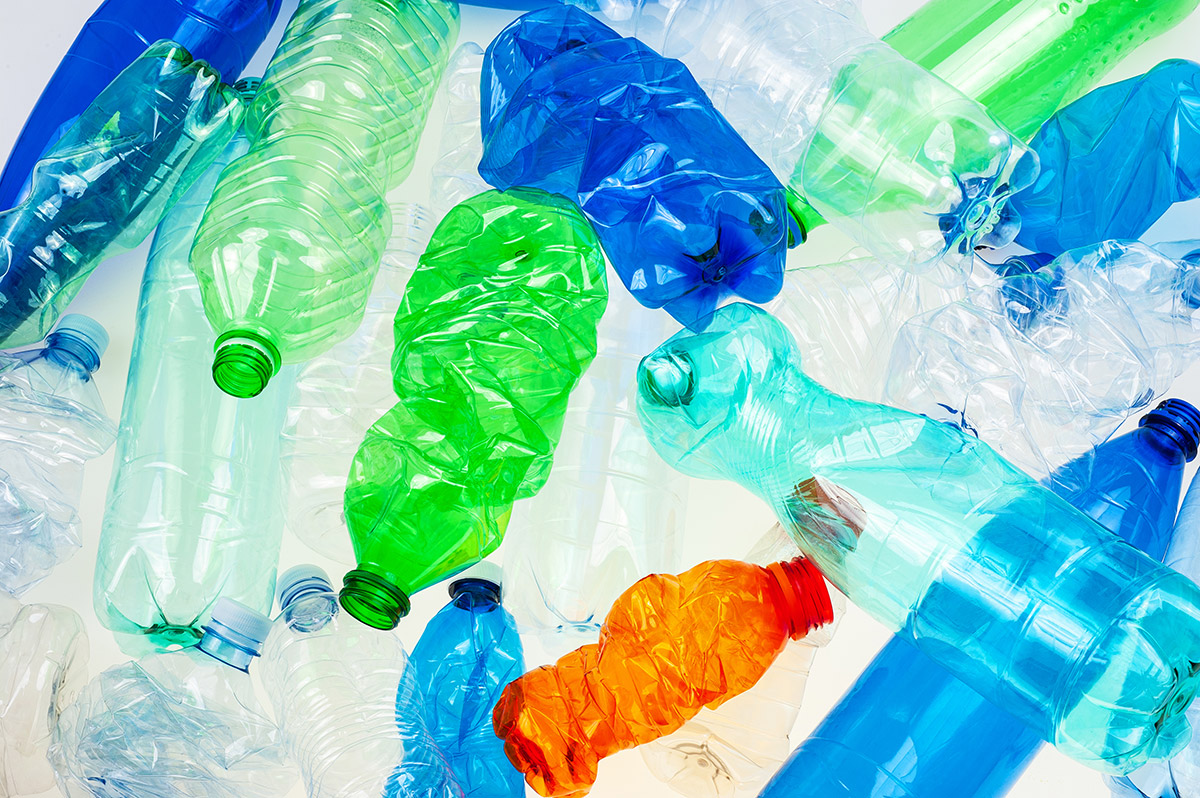Recycled Claim Standard (RCS)
As humankind’s impact on the environment becomes more prominent, the immediate need to integrate recycled materials into the supply chain has become an ever more pressing concern. The concern is addressed through the Recycled Claim Standard (RCS).
What is the Recycled Claim Standard (RCS)?
What is this standard, and why is this important?
Textile Exchange developed the Recycled Claim Standard (RCS), a global non-profit dedicated to managing and developing leading industry standards in the material and textile industry. The RCS and the Global Recycling Standard (GRS) are voluntary standards used internationally. They set requirements for third-party certification of recycled material and handled from material production to consumer.
RCS ensures and certifies the claims throughout the supply chain, from manufacturers to brands, that they produce and utilize “recycled material” in their products. These certifications lead to credibility and trust in the marketplace in B2B (business to business) and B2C (business to consumer) relationships.
What is the Purpose of the Recycled Claim Standard?
The Recycled Claim Standard (RCS) has clear and concise objectives.
- Align the definitions of recycled across multiple applications.
- Tracking and tracing recycled material.
- Provide customers with a necessary tool to help them make informed decisions.
Another aim of the RCS is to increase the number of recycled materials products through its transparent labeling. All products with 5% recycled material or more can qualify for the RCS certification.
How is the Recycled Claim Standard Certified?
The way that certification is awarded is through an auditing process conducted by accredited third-party certification bodies. These third-party certification bodies undergo a yearly review to maintain their certification status. If these standard requirements are not met, their certification is revoked.
The auditing process itself is centered around the recycling process and requirements regarding the supply chain. The desired outcomes of these processes are that there is “a complete, verified chain of custody from input to final product”. The RCS has guidelines and requirements for every process, including the “reclaimed material” stage (ensuring that the material is truly reclaimed and nor virgin material) and all the way to the shipment stage where Transaction Certificates are needed for all materials moved from one point to another.
What types of Materials Qualify Under the Scope of the Recycled Claim Standard?
The types of materials that can receive an RCS Standard vary greatly. Applicants choose the materials that they want to be audited. Common materials include fabrics, yarn, thread, filaments, PET, down, and feathers. They can also choose end-user products they want audited to receive certification.
Who Benefits from the Recycled Claim Standard?
Clients who have the RCS can make substantiated and verifiable claims of recycled material content in their products. Whether they are selling to consumers or brands, these verified claims prove their willingness to use recycled materials in their products.
IDFL Performs Audits to Designate the Recycled Claim Standard
The need for the Recycled Claim Standard is clear. IDFL is an accredited leader in the certification of RCS designation, among many others. Reach out to IDFL today at audits@idfl.com to discuss how they can partner with you to get your materials and products certified with the Recycled Claim Standard.

